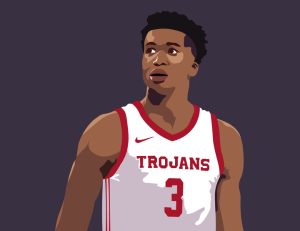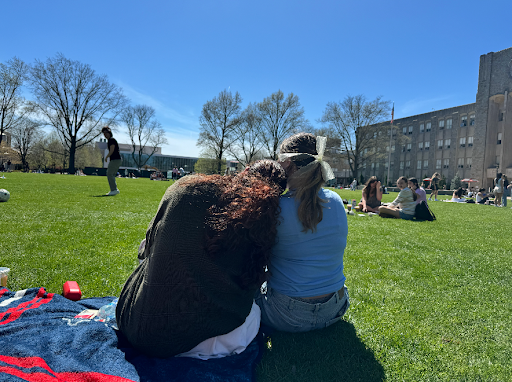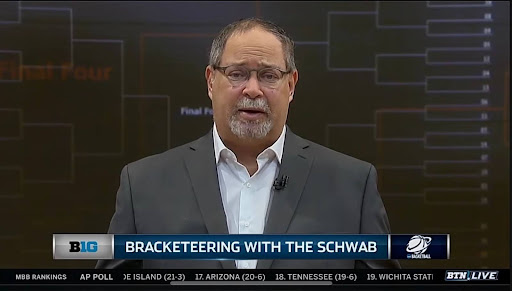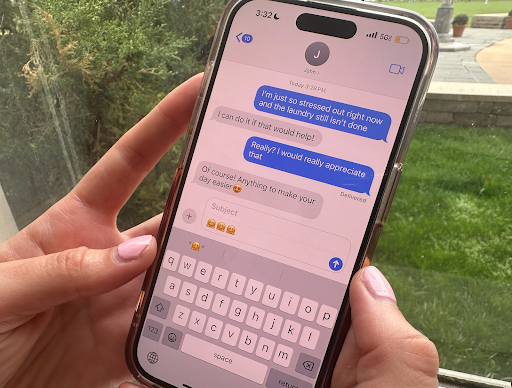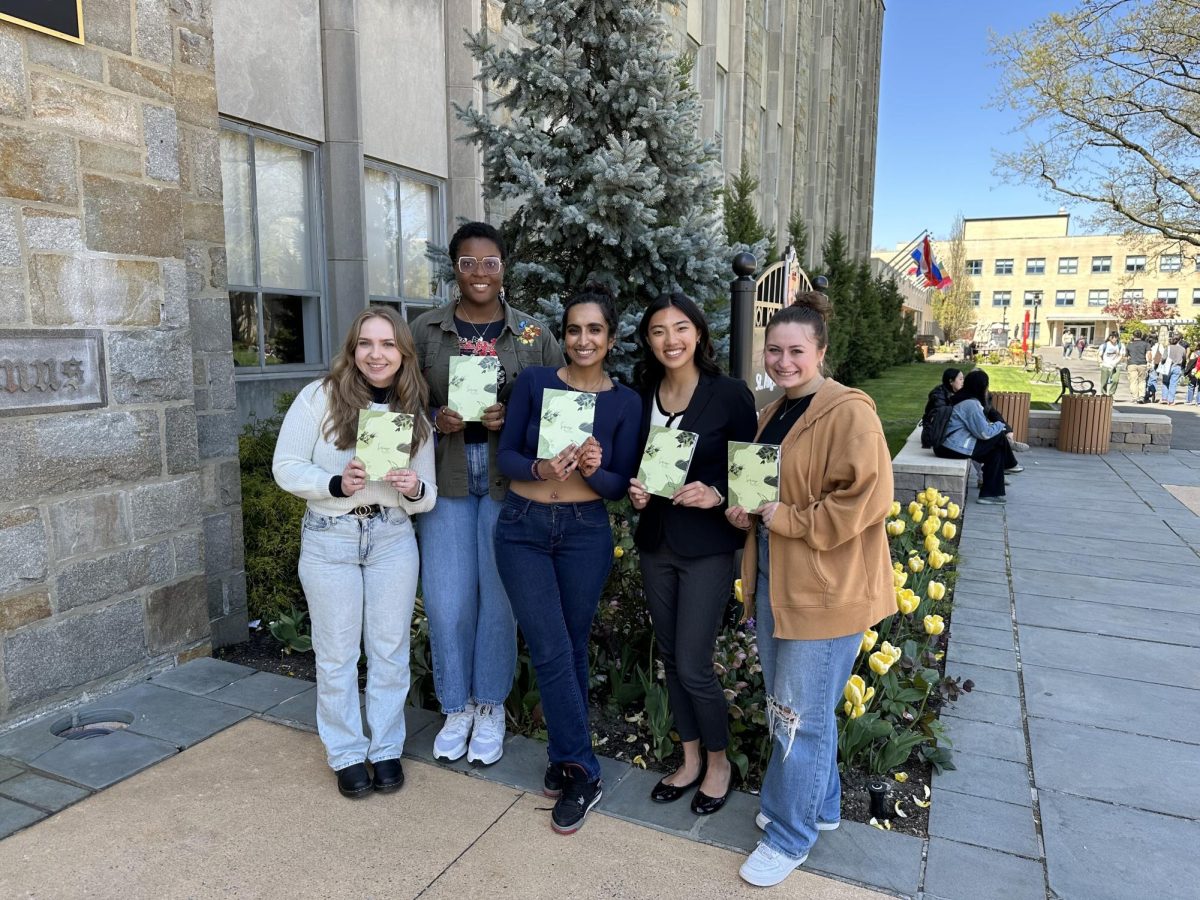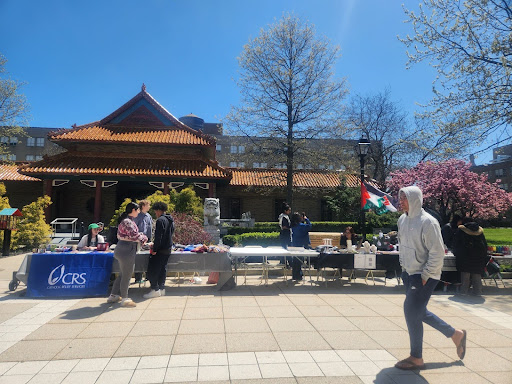Social networking sites, such as Facebook and Myspace, are slowly changing the dynamic between students and professors.
According to Alexa Internet, Inc., a Web site that provides information on web traffic, Facebook.com has 64 million active users worldwide. And on Sept. 11, 2006, Facebook opened itself to all users – not just college students. As a result, anyone, from businessmen to lawyers to college faculty members, can join the site.
Since then, according to Alexa, Facebook went from being ranked 60th in web traffic to sixth.
Professors across the country have taken advantage of Facebook, including numerous St. John’s faculty members. For example, speech professor and debate team coach Stephen Llano has been using social networking sites for years and found out about Facebook in 2005, when a student in his class delivered a speech about its growing popularity.
“Right after I joined, the kids in the class all ‘friended’ me,” Llano said.
The ability for professors and students to be friends on facebook and see personal information about each other, according to Llano, is not a bad thing.
“There’s been a definite pragmatic change: I now write more recommendations for people,” Llano said. “I corresponded with a student who I taught years ago at the University of Pittsburgh, and it’s thanks to Facebook that she was able to contact me so easily.”
According to Llano, Facebook can be a useful tool in developing a “mentoring relationship” between professors and students. For example, Llano uses Facebook’s group and event applications to generate interest in campus events. He also noted that various applications – such as ones that allow students to share notes – can be beneficial for students.
“There must be a way,” Llano said, “to conduct a classroom experience through Facebook that’s outside the box.”
St. John’s English professor and accomplished poet, Lee Ann Brown, also has a Facebook account and feels that an increased personal relationship between students and professors can help in the teaching process.
“I like when my social life intersects with my other life,” said Brown, who has been a Facebook user for the last four months. “Since I’m a poet, a lot of what I do relies on events and collaborations, so Facebook can help with that.”
Brown noted that she felt the best professors she had in college were the ones that treated her as a peer. Something like Facebook, she said, can bring students and professors together and help put them on the same level.
Still, some professors, like Llanos, recognize the problems that could arise from having both professors and students interacting on Facebook.
“I was looking up some of my friends who are professors, and I found groups that students made making fun of them,” Llano said. “It was very open – I could browse it freely. Being disrespectful is something that students do in circles, but it can really hurt people’s feelings when put out freely in the open.”
Llano also spoke about the various pictures that underage students have on their accounts that depict them drinking illegally. “If I see something illegal going on, like underage drinking, do I do something?” asked Llanos. “I think we’re just waiting for a situation like that to happen.”
Students seem to have mixed reactions to professors using Facebook.
“Professors here, at least in my experience, already have a good repartee with students,” said sophomore Radha Radkar. “I don’t think Facebook will really change much here.”
Sophomore Julia Mignone feels that Facebook can affect student-professor relationships in “either a good or a bad way.”
“I’d say it’s better to be friends with your professor if you’re not in a class with that professor anymore,” she said. “And I think e-mail would work better with some professors anywany.”
Senior Kyle Wagner has taken classes with professors that use Facebook, and said that the social network has not played a big role in the classroom or even in the way the students and professor interact. Still, he believes that professors using Facebook has created a “sticky situation.”
“When you go out there for a job, you have to delete your Facebook identity since they look at your profile,” Wagner said.
“Do you really want your professor to see that you go one day from being ‘in a relationship’ to ‘it’s complicated’ with someone?”
With Facebook’s user base expanding on a daily basis, the full effects of having both professors and students on Faceboook have yet to be seen.
“Facebook is not a place to be stupid anymore,” Wagner said. “There are eyes everywhere, so be careful.”




